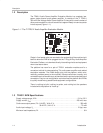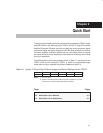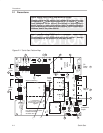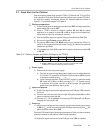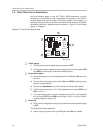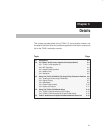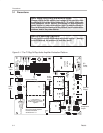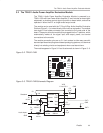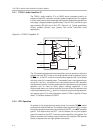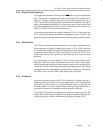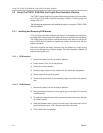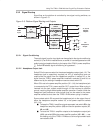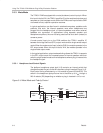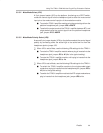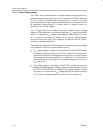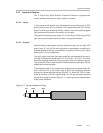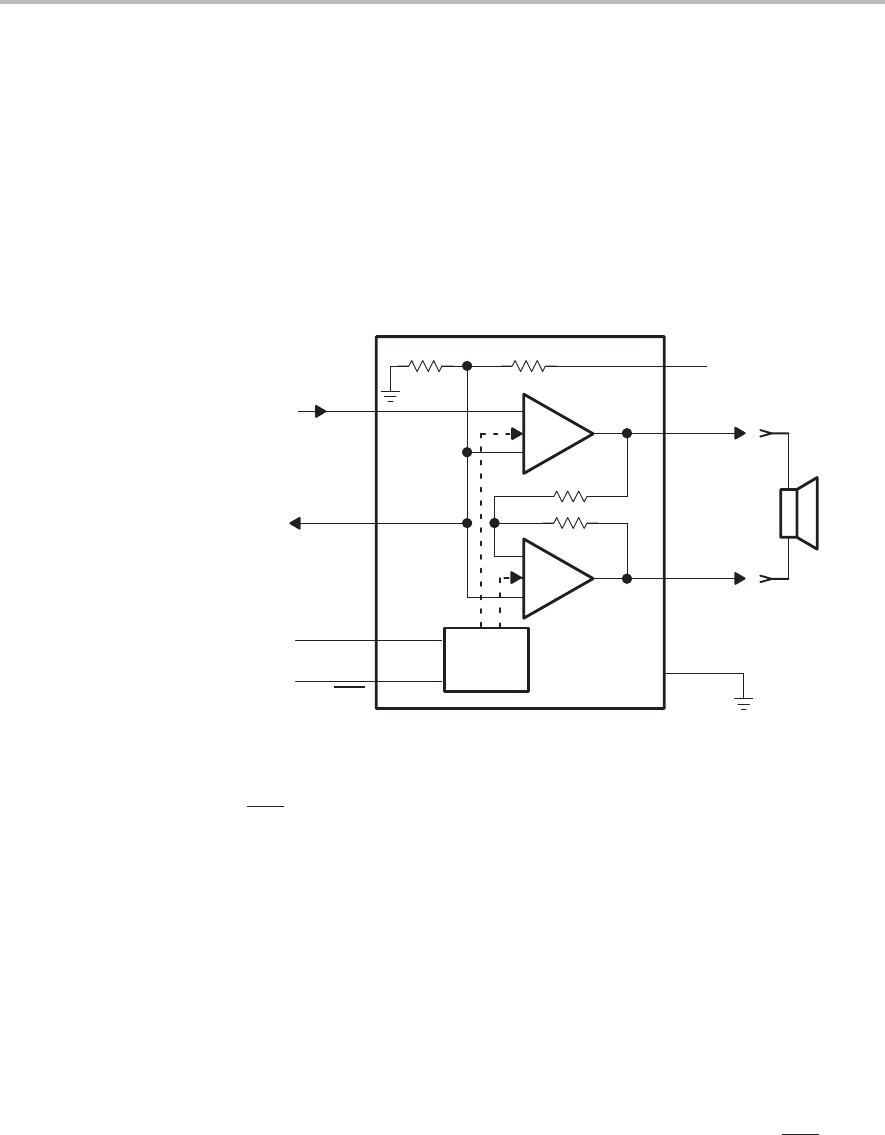
The TPA311 Audio Power Amplifier Evaluation Module
3-4
Details
3.2.1 TPA311 Audio Amplifier IC
The TPA311 audio amplifier IC is a CMOS device intended primarily for
bridge-tied load (BTL) operation in battery-powered applications. It is supplied
in a very small surface-mount package and has been designed to operate from
low supply voltages (between approximately 2 V and 5.5 V) and deliver up to
approximately 350 mW into an 8-Ω, BTL (Figure 3–4). Typical applications
include portable phones, toys, games, and similar hand-held audio
applications.
Figure 3–4. TPA311 Amplifier IC
5
V
O
+
4
IN
V
O
–
8
_
_
+
+
7
2
V
DD
/2
V
DD
GND
6
SE/BTL
Shutdown
3
1
Bypass
Bias
Control
The IC includes two separate internal amplifiers and can operate in either the
bridged-tied load (BTL) mode or the single-ended mode as selected by the
SE/BTL pin. In the BTL mode, the two amplifiers operate 180° out-of-phase
with each other for increased power. The speaker load is connected directly
across V
O
+ and V
O
–, and neither line is connected to ground. BTL operation
provides many benefits, including quadruple the output power of single-ended
operation and no need for bulky output coupling capacitors. In the
single-ended mode, one internal amplifier is turned off and the speaker load
is connected between the V
O
+ terminal, through an output coupling capacitor,
and system ground. For more information, see the TPA311 amplifier IC data
sheet, TI Literature Number SLOS207.
3.2.2 BTL Operation
To operate in the bridge-tied load output mode, the module SE/BTL control
input terminal must be held low. The module output signal from OUT+ must go
through the speaker load and be returned directly to OUT–, and
NOT
to system
ground. This requires that the OUT– line be isolated not only from system
ground, but also from the OUT– lines of any other amplifiers in the system. The
platform provides such isolated output lines from the amplifier EVM sockets
directly to separate left and right speaker connectors.



